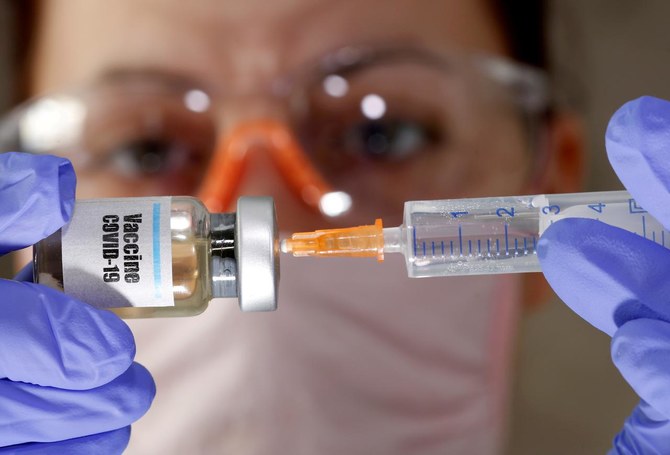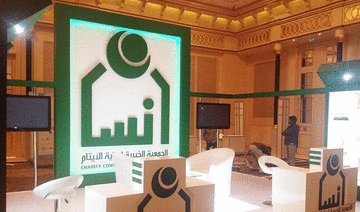DUBAI: Russia is preparing one of the biggest-ever test programs in five countries, including Saudi Arabia, for its controversial Sputnik V vaccine against the coronavirus disease (COVID-19).
Kirill Dmitriev, the Russian businessman who has led the development of the vaccine, said that the Kingdom would be one of the nations to trial the treatment.
More than 40,000 tests would also be rolled out in the next week in Russia, with plans to later extend the testing to Saudi Arabia, the UAE, the Philippines, and either India or Brazil, he added, in “one of the largest ongoing trials in the world.”
The Saudi Ministry of Health has so far not commented on its involvement in the testing, but the Kingdom has in the past said it would be willing to cooperate in any viable plans to develop a vaccine against the virus.
The Sputnik V vaccine has already been administered to a number of Russians, including the daughter of President Vladimir Putin.
Dmitriev, who is chief executive of the Russian Direct Investment Fund which has close links with the Kingdom, told Arab News that he was in talks with the Saudi Ministry of Health and was organizing a visit by officials and scientists to the Moscow research center where the vaccine had been developed.
“We believe that Saudi will be a very strong partner for our joint work on the Sputnik V vaccine,” he said.
Sputnik V was registered in Russia two weeks ago as the first anti-COVID-19 vaccine recognized by a national government, but it met with skepticism in Europe and the US because it had not gone through the critical phase 3 stage involving large-scale testing on humans.
Some scientists also said there was insufficient data released by the Russians about the vaccine development process.
Dmitriev said that the vaccine had been reviewed by a “major scientific journal” — which he declined to name — which would shortly give it a positive verdict. He promised that more data would be released on the scientific aspects of the vaccine.
The Russian vaccine builds on previous work carried out by the country’s Gamaleya research institute in Moscow on the Ebola and MERS diseases, and relies on human adenovirus, which Russia said was tested and proven compared with Western techniques.
Dmitriev said that human adenovirus techniques had been used for other kinds of vaccines by millions of US military personnel and had been approved by the American drug authorities. “Human adenovirus is the right way to go and the safest way to go,” he added.
The question of whether Russia would facilitate the testing program financially, possibly through export guarantees, was a matter for the governments of the countries participating, he said.






























